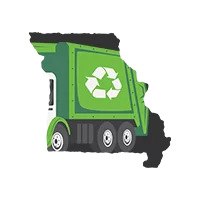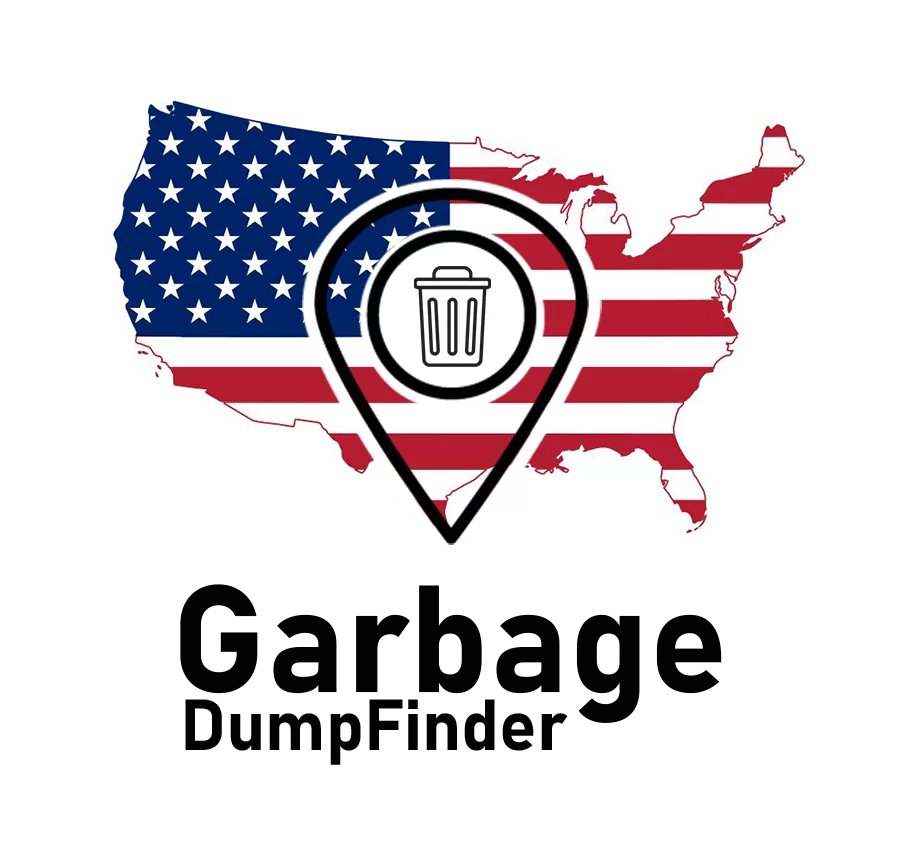Find Missouri Dumps & Landfills Near You
America's Largest List of Dumps in Missouri
Looking for the nearest garbage dump or landfill in Missouri? Whether you’re in St. Louis, Kansas City, or Springfield, we’re here to help you find the right facility for your waste disposal needs. From household trash to construction debris, knowing where to go helps us all manage waste responsibly. Our guide will point you to the closest landfill or garbage dump, making it easier to follow local waste disposal regulations and keep our environment clean.
FAQs
What types of waste can I bring to a garbage dump?Most garbage dumps in Missouri accept household waste, yard debris, and construction materials. However, hazardous materials and electronics often need to be taken to specialized centers. Check with the facility before visiting.
Is there a fee for dumping waste?Yes, most landfills and garbage dumps charge a fee based on the type and weight of the waste being disposed of. Contact the facility for specific pricing information before you go.
Can I recycle at the landfill?Many landfills in Missouri offer recycling services for materials such as paper, glass, and metals. We recommend separating recyclables from your regular trash to make the process smoother at the facility.
Are businesses allowed to dispose of waste at garbage dumps?Some landfills accept commercial waste, but you should check with the facility first. Business waste may require additional permits or fees, so be sure to confirm these details ahead of time.
How should I dispose of old electronics?Old electronics, such as televisions and computers, are usually not accepted at standard garbage dumps. Missouri has e-waste recycling centers where these items can be properly disposed of.
What do I do with hazardous waste?Hazardous materials like chemicals, paints, and batteries must be taken to special hazardous waste collection sites. These items are not accepted at regular landfills due to environmental concerns.
Are there vehicle restrictions at landfills?Most landfills allow standard vehicles, such as cars, trucks, and small trailers. Larger commercial vehicles may face restrictions, so it’s best to confirm with the facility before your visit.

List of Missouri Dumps
More About Missouri Landfills
Missouri’s waste management system ensures that garbage dumps and landfills operate efficiently while minimizing environmental impact. The Missouri Department of Natural Resources (DNR) regulates landfills across the state, ensuring they meet strict environmental standards and provide safe waste disposal options for residents and businesses.
In cities like St. Louis, Kansas City, and Springfield, landfills serve as essential waste disposal sites for household trash, yard debris, and construction materials. One of the largest facilities is the Bridgeton Landfill near St. Louis, which handles a significant portion of the region’s municipal waste. Facilities like these are crucial for managing the waste generated by Missouri’s growing population and industrial sectors.
Missouri also promotes recycling as an essential part of waste management. Many garbage dumps offer recycling services, allowing residents to separate materials like metals, plastics, and paper from their regular waste. The Heartland Recycling Center in Kansas City, for instance, encourages residents to recycle as much as possible, reducing the volume of waste going into landfills and supporting the state’s sustainability efforts.
In addition to recycling, Missouri has developed programs for managing hazardous waste and electronic waste. E-waste recycling centers are available across the state for safely disposing of old electronics like computers and televisions. The state also hosts hazardous waste collection events, where residents can safely dispose of chemicals, paints, and batteries that cannot be placed in landfills due to environmental risks.
By using local garbage dumps and landfills responsibly, and taking advantage of recycling and hazardous waste programs, we can all contribute to a cleaner, healthier Missouri.
For more information, visit the Missouri Department of Natural Resources.
